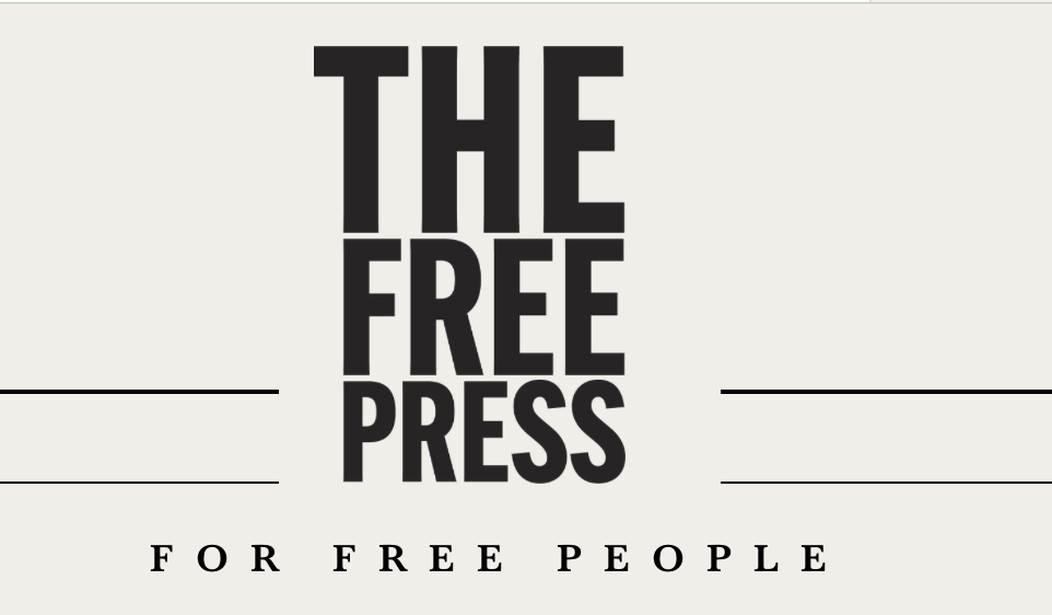I wrote last week about the Bari Weiss interview with her wife, Nellie Bowles, in which they discuss Bowles' book Morning After the Revolution.
The podcast was a fun watch/listen (I watched it), and decided it was time to read the book. Actually I listened to the audiobook, but I think that counts.
It was worth it. In fact, my biggest complaint about the book was that it ended. It was a fun listen, with Bowles narrating it herself and doing a fine job of it. I wouldn't have minded another hour or two of stories.
The book's underlying theme is Bowles' transformation from being a hardcore progressive to a more conventional (and skeptical) liberal. While she pulls quite a few punches when it comes to her former progressive friends, she pulls none regarding her own participation in some of the more unsavory practices of leftists, particularly her role in canceling a friend.
Both impulses speak well of her. She takes responsibility without betraying friendships, even when they are lapsed.
There are four threads woven together: the nature of progressivism, the ideological capture of The New York Times' corruption, the history of the past 4-5 years, and Bowles' rejection of a movement that had formed a core part of her identity.
The tapestry she weaves with these threads is at once charming and fascinating, although none of it will shock those of us who have been growing increasingly frustrated with the cult-like movement we call the Left. If a conservative intellectual reads this book with the hope that you will find some revelations, shocking anecdotes, or aha! moments, you won't find them.
Perhaps your lazier centrist friends might, but only because they have closed their eyes to just how corrupting the leftist mindset is. Anybody who still finds the New York Times to be an unbiased and credible source of information might come away shaken, but I lost my faith in them during the Reagan administration.
But that isn't a knock on the book. Just as you likely find Bill Maher's aha! moments interesting to watch despite your having deduced what seems new to him about 5 years ago. Reading Bowles' account of how she changed is satisfying. Especially since she is, unlike Maher, neither smug nor snide, she lays out where she was and why she changed and shares interesting reflections on how it happened.
Even though she appears rarely in the book, Bari Weiss is the second main character. Not because, at least as far as I know, Weiss tutored Bowles politically or anything so pedestrian. Rather, in Weiss, Bowles discovers the humanity of people who think differently than she. Bowles was reliably informed by her editor that Weiss was a Nazi, but when Bowles met Weiss determined to set her straight ideologically, she found her a lovely, thoughtful, and intelligent person with insights that enriched Bowles' life.
They married. They are now parents.
Bowles weaves the story together through her reportorial journeys, having covered the Black Lives Matter movement, San Francisco's decline (she is a now-former resident of the once-great city), cancel culture and sexual identity issues. She has walked the streets of Portland, San Francisco, and Minneapolis, sat in antiracist struggle sessions, and, most importantly, spent far too much time in the New York Times Slack channel watching the paper become ever more insular and radical.
Each chapter has a historical and ideological theme, and the stories are well told. Some serious reporting is mixed with reflections on what she learned, and while I learned nothing earth-shattering, I enjoyed the way she added color and context to what I knew only through black-and-white facts.
If you read solely to add to your store of facts--and I doubt you do if you are reading my writing--then you might want to give this book a pass. But if you want to spend some time reflecting on our culture, the past 5 years, how a progressive can wake up and find humanity in those of us who aren't, or just learn more from one of the founders of The Free Press, I highly recommend this book.
The Free Press is one of my go-to reads, and Bowles' own TGIF column is always a fun read well worth the price of admission. Weiss and Bowles are both utterly charming and intelligent, and I promise you won't regret spending a few hours with Nellie should you buy this book.
Highly Recommended.







Join the conversation as a VIP Member